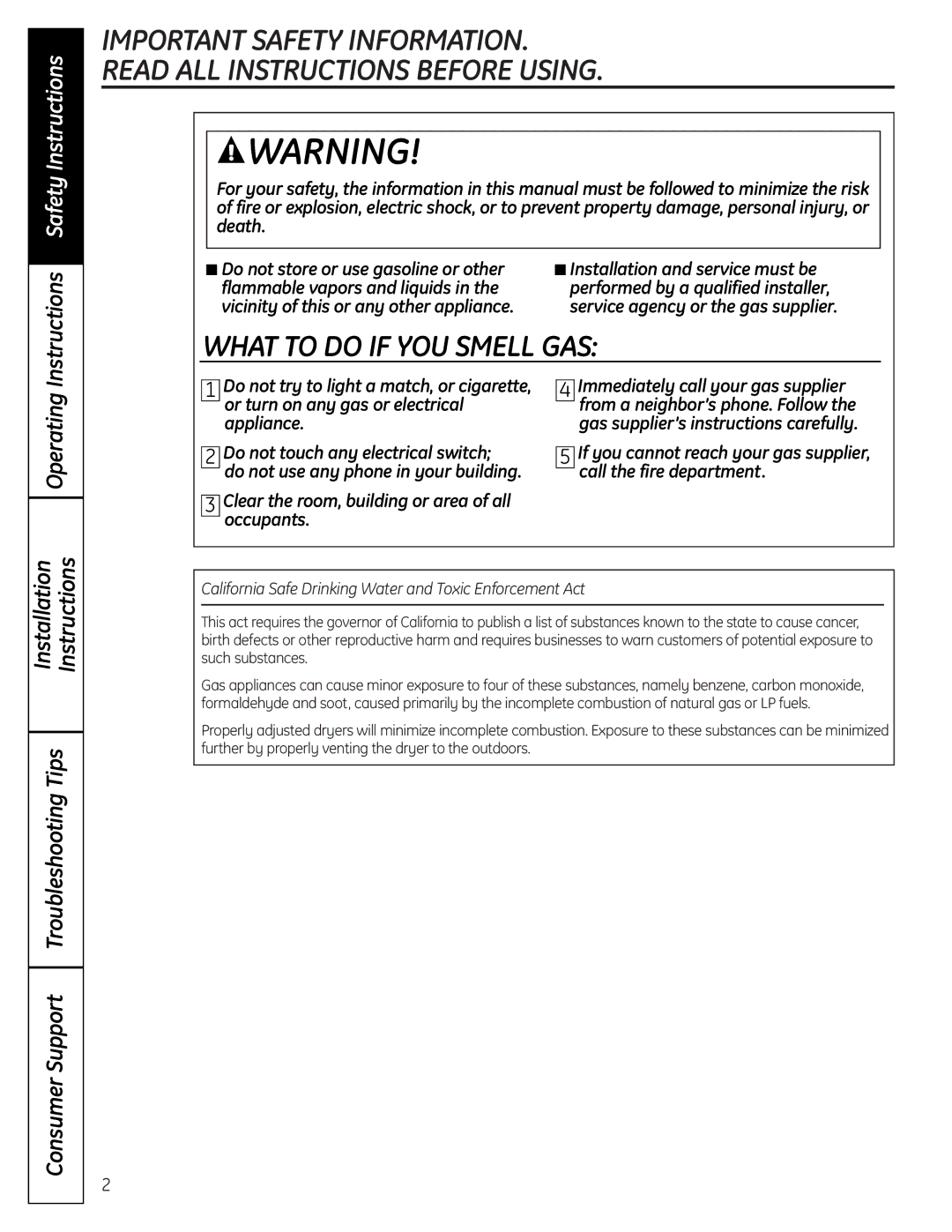UPGT650 specifications
The GE UPGT650 and DPGT650 are advanced gas turbine models developed by General Electric, known for their cutting-edge technology and high efficiency. Designed primarily for power generation and industrial applications, these gas turbines represent the latest in innovation and performance in the energy sector.At the heart of the UPGT650 is its high-efficiency design that optimizes fuel consumption while reducing emissions. This gas turbine operates at a high pressure ratio, which significantly enhances its overall efficiency, making it a preferred choice for operators seeking to minimize operational costs while maximizing output. The UPGT650 boasts a fuel flexibility feature, enabling it to run on various fuels, including natural gas and liquid fuels, catering to different operational needs and geographical conditions.
The DPGT650 variant, specifically developed for applications requiring high reliability and performance in distributed power generation, offers similar efficiency benefits while providing enhanced operational flexibility. Its modular design allows for easy maintenance and upgrades, which is crucial for facilities needing to adapt to changing energy demands and regulatory environments.
Both turbine models incorporate advanced technologies such as advanced cooling systems to maintain optimal operating temperatures and enhance durability. The utilization of advanced materials in the turbine blades contributes to their ability to withstand high thermal and mechanical stress, further improving performance longevity. Additionally, the turbines are equipped with sophisticated control systems that enable operators to achieve precise load management and efficient power dispatch.
A critical characteristic of the UPGT650 and DPGT650 is their environmental performance. These turbines are engineered to meet stringent emissions standards, effectively reducing CO2 and NOx emissions. This makes them suitable for regions with strict environmental regulations, appealing to companies focused on sustainability and environmental responsibility.
In summary, the GE UPGT650 and DPGT650 gas turbines stand out in the energy landscape for their efficiency, reliability, and environmental performance. With features like fuel flexibility, advanced cooling technologies, and modular design, they are poised to meet the evolving demands of the power generation industry, driving the transition towards cleaner and more efficient energy systems.

